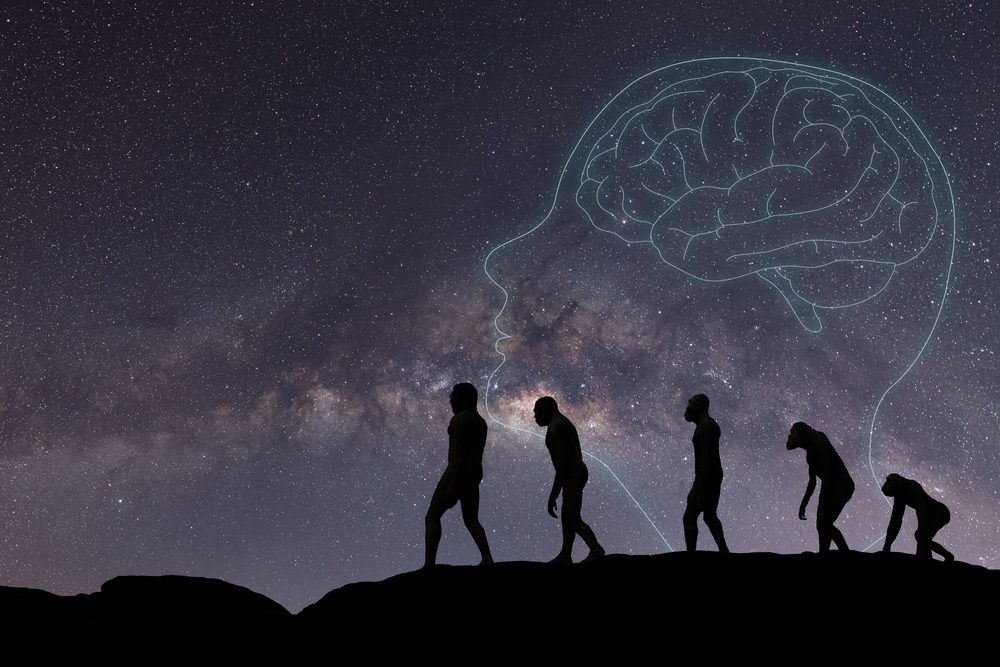For many millennia, the tantalizing mystery of Atlantis, the lost island kingdom, ignited some sort of human curiosity and spurred many theories about its reality, location, and ultimately, even fate. According to many ancient accounts, this super mythical city, which was often referred to as the island of Atlas, was no less than a utopia, boasting quite an advanced civilization, super rich in wisdom and wealth.
Its extreme grandeur, innovation, and consistent downfall keep inspiring plenty of speculations, inviting believers and skeptics alike into quite an engaging discussion. The story of Atlantis appeared for the first time in two dialogues, “Timaeus” and “Critias,” both written by the Greek philosopher Plato back in 360 BC.
In his famous works, Plato described Atlantis as an ideal civilization located somewhere beyond “the pillars of Hercules” (which is the present-day Strait of Gibraltar).
The island, which is greater in size than Asia and Libya together, was believed to be the home of a superior race of individuals who embodied the epitome of virtue and wisdom. In fact, Plato depicted Atlantis as quite a powerful kingdom, quite rich in precious metals and rare stones.
It had quite an intricate design in its city layout, with a series of concentric rings of water and land connected by tunnels wide enough to accommodate plenty of ships.
Despite its never-ending glory, Atlantis still suffered quite a terrible downfall. In only one day and night of misfortune, Atlantis was rapidly swallowed by the sea, completely disappearing and leaving nothing but a vestige of an ocean in the place it once was.

Common myths and misconceptions
Even if Plato’s account served as the main narrative, there are plenty of myths about Atlantis that have taken shape throughout the years. These interpretations, fed by popular culture, seem to lean more into a fantasy note, bending the bonds of reality.
Myth 1: Atlantis was an advanced technological civilization
Many people believed that the Atlanteans weren’t intellectually superior but somehow technologically advanced, too. They think the city had futuristic technology, often mentioning evidence from Edgar Cayce, an American clairvoyant, claiming that Atlanteans used crystals for energy production. Even if intriguing, no archaeological evidence or historical text supported this claim.
Myth 2: Atlantis is located in the Bermuda Triangle
The fact that the mythical city lies right in the infamous Bermuda Triangle has also been quite romanticized in literature and films. Despite its allure, there’s no verifiable proof to link the geographic anomalies in the triangle to the lost city. In fact, the location somehow contradicts Plato’s description of Atlantis as being far beyond the “Pillars of Hercules.”
Myth 3: Atlantis and the Lost City of El Dorado are exactly the same
The conflation of the golden city of El Dorado and Atlantis comes from their shared status as lost yet quite grand civilizations. But El Dorado is quite a distinct South American legend, while Atlantis’s origins lie in ancient Greek philosophy, which makes them completely separate entities.
Myth 4: Atlanteans were Aliens or might have had contact with extraterrestrial beings
There’s also a fringe theory stating that the inhabitants of Atlantis were, in fact, extraterrestrials, or at least they had some contact with alien beings.
This particular myth is often rooted in the belief that the advanced knowledge and technology Plato often linked to Atlantis might not have been feasible without extraterrestrial intervention. But there’s still no evidence to support this particular claim, and it falls a bit into the realm of science fiction rather than any historical fact.
Myth 5: Atlantis was ruined by a technological disaster
This myth dives into the belief that Atlantis was an astoundingly advanced civilization. Some proponents even suggest that Atlantis’s destruction came from a technological catastrophe, like a nuclear explosion, or even a disastrous experiment with advanced energy sources. But then again, no concrete evidence sustains such assertions.
Myth 6: Atlantis is in Antarctica
Inspired by Charles Hapgood’s “Earth Crust Displacement” theory, some might say that Atlantis lies right beneath the ice of Antarctica. They also think that a rapid pole shift around 9,6000 BC caused Atlantis to move to its current icy location. This belief, however, lacks any concrete archaeological and geological evidence, and it has been repeatedly criticized by the scientific community.
Myth 7: Atlantis was a continent
Some believe that Atlantis wasn’t just a city or an island, but an entire continent. These theories often come from a lot of misinterpretations or mistranslations of Plato’s original texts. The philosopher often described Atlantis as larger than Asia and Libya together, but the vast majority of scholars still see it as an allegory for Atlantis’s vast influence rather than its actual physical size.
Myth 8: Atlantis sank into the Atlantic Ocean
Even if Plato’s original writings said that Atlantis was located way beyond the “Pillars of Hercules,” many think it actually sank into the Atlantic Ocean. This particular myth is caused by plenty of misinterpretations of Plato’s descriptions or even romanticized versions of the tale.
Myth 9: Atlanteans had special physical characteristics
In some cultural interpretations, Atlanteans are seen as these unique creatures with otherworldly physical characteristics, like unusual skin or hair colors, heights, and capacities that regular humans don’t have, like breathing underwater. However, such portrayals don’t have any basis whatsoever in Plato’s original descriptions. If anything, they are purely fictional additions.
Myth 10: Atlantis was a peaceful utopia
So many depictions of Atlantis picture it as a serene utopia, where war and conflict were nothing but a foreign concept, and its citizens lived in complete harmony. But then again, this is another largely romanticized version of the tale.
Even if Plato did describe the Atlanteans as virtuous and noble in their early days, they also portrayed them as a strong military force that waged war on other nations. As time went by, according to Plato, the Atlanteans soon became morally corrupt, and their society’s first virtues and wisdom rapidly deteriorated, ultimately leading to their downfall.
Hence, the image of Atlantis as a consistently peaceful utopia is more a myth than reality, depending on Plato’s own descriptions.

Confirmed facts and reality
Despite all these myths, there are a few established truths about Atlantis that are universally agreed upon by scholars. These truths are also grounded in Plato’s original account, and they provide the framework for all the other theories and speculations.
Fact 1: Atlantis was first introduced by Plato
The existence of Atlantis, as much as we know of it, was indeed presented for the first time by Plato, in his dialogues “Timaeus” and “Critias.” These are the most important ancient sources of the entire Atlantean narrative.
Fact 2: Plato’s description of Atlantis
Every single detail we have about Atlantis so far, about its concentric design, its location above the pillars of Hercules, and its tragic fate, comes straight from Plato’s dialogues.
Fact 3: Atlantis is a philosophical tool
Plenty of historians and philosophers agreed on one thing: that Atlantis was nothing but an allegory used by Plato to convey his philosophical concepts. They believe that the city represented Plato’s own vision of the ideal society, highlighting his own notions about morality, honor, as well as the perils of hubris.
If you found this article insightful, we also recommend checking: SpaceX vs. Blue Origin: Who Becomes the First Space ‘Owner’?














